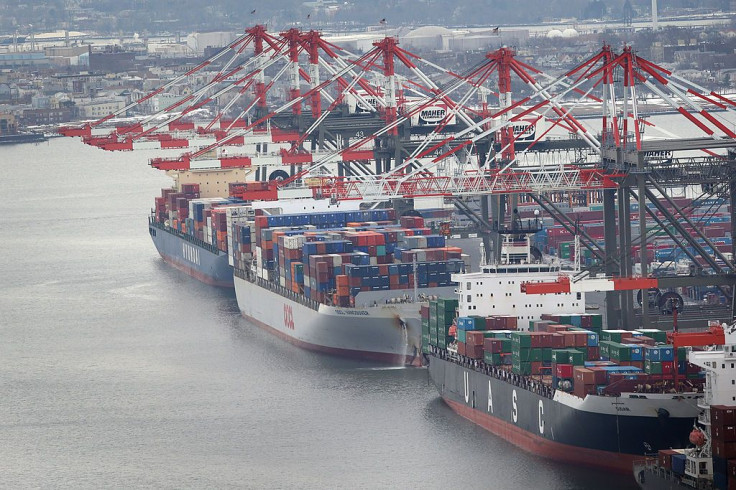US Budget Deficit Hits Historically High Record In February

Another month, another record U.S. budget deficit under Donald Trump.
The U.S. federal government's budget deficit blossomed to $234 billion in February, the largest monthly deficit in U.S. history, according to the Department of the Treasury. The previous deficit record of $231.7 billion was set in February 2012.
The total deficit shot past $22 trillion for the first time ever in February, or $2 trillion higher than when Trump took office. At this rate, the national debt is on track to hit 93 percent of GDP in a decade.
Treasury said spending in February jumped 8 percent while receipts rose 7 percent. It said the federal government spent $401 billion in total in February while revenues only reached $167 billion.
The budget deficit skyrocketed 39 percent for the fiscal year compared to the same period year-on-year. By way of comparison, the February deficit is 46 percent larger than the government deficit for all of 2007. The full-year deficit for 2018 was $215 billion.
The deficit for the first five months of the federal fiscal year (October 2018 to February 2019) comes to $544.2 billion, up nearly 40 percent from the same period in 2017, according to Treasury.
The average monthly deficit under the Trump administration -- $117 billion -- is now higher than both the average monthly deficits in former president Barack Obama's second term and in his first term when the government had to contend with the tough job of recovering from the Great Recession of 2008.
Part of the deficit jump for February was caused by the 2017 Republican Tax Cuts and Jobs Act (TCJA), which seriously slashed taxes collected from corporations. There has been no trickle-down effect because of this law as promised by Republicans.
Individual income taxes rose in fiscal 2018 compared to 2017 while corporate tax receipts fell over the same period. Corporate tax receipts tumbled $92 billion in fiscal 2018 compared to fiscal 2017 and are down $15 billion more so far in fiscal 2019.

Experts said the massive shortfall is being traced to the 20 percent drop in corporate revenue and increased federal spending. The Trump administration slashed corporate taxes in their TCJA from 35 percent to 21 percent. Trump’s tax-cut package inflicted a $1.5 trillion loss on the government
“When you pass the most irresponsible tax cut followed by the most irresponsible spending increase, unsurprisingly it leads to the largest deficit numbers,” said Maya MacGuineas, president of the Committee for a Responsible Federal Budget. “Predictably, that’s exactly where we landed.”
© Copyright IBTimes 2025. All rights reserved.





















